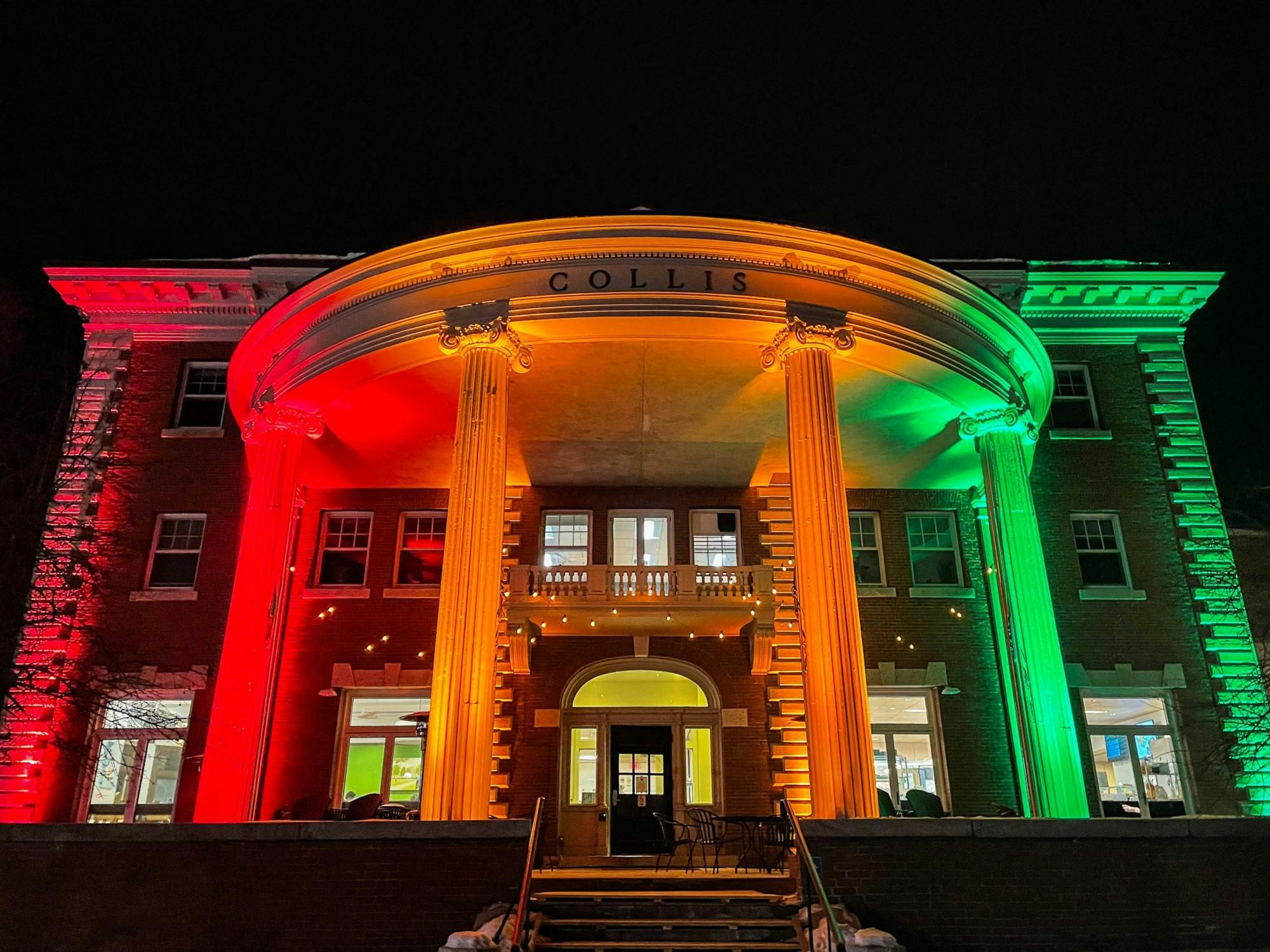Student organizations have planned an abundance of programming throughout February to honor Black Legacy Month. According to the Black Legacy Month 2023 website, the month aims to celebrate and recognize Black culture at Dartmouth and is “dedicated to the education, awareness and commemoration of Black heritage and people.” The events this year embrace the theme “Black Joy,” according to planning committee co-chair Laura Logan ’22.
Beginning with an opening ceremony on Feb. 2, this year’s Black Legacy Month programming includes a fashion show, Black hair care event, a workshop on Black queer joy and a final keynote speech from actress DeWanda Wise. Planning committee member Anthony Fosu ’24 said that since Dartmouth’s first Black Legacy Month celebration in 2016, many student organizations have been revived or founded and are partnering with the committee to plan events for this year’s celebration.
“This year is the biggest slate of programming I’ve seen,” Fosu said. “It’s been amazing to see the renaissance of student involvement around campus — particularly as it relates to the theme of Black Joy.”
Black Legacy Month is student-directed and student-run, and receives support from the Office of Pluralism and Leadership, according to planning committee co-chair Rawan Hashim ’26. Black Underground Theater Association executive Chara Lyons ’23 — who performed at the Black Legacy Month opening ceremony — said that this student focus is integral to creating a celebration that benefits the student body.
“[Black Legacy Month] has to be student-driven because there’s no way that a predominantly white institution [like Dartmouth] will understand what a Black student body needs,” she said. “We have to carefully cultivate what we want these events to look like, otherwise it can become performative, objectifying [and] not actually supporting the people that it’s probably meant for.”
Logan said that she has been thrilled with the high student turnout so far and believes the Black community at Dartmouth appreciates being able to celebrate fully in person for the first time since before the COVID-19 pandemic. Fosu added that it was “beautiful” to see more than 200 people attend Black Legacy Month’s opening ceremony.
“We’ve actually underestimated how many people were craving that kind of physical space, being able to eat with their Black peers and have discussions with a greater level of vulnerability by being in the same room together,” Logan said. “We’re creating spaces for us to take care of ourselves and to be rejuvenated.”
Hashim said that this year’s theme was decided by the planning committee at the end of the summer term. Planning committee co-chair Sarrah-Ann Allen ’23 said that the committee was considering a focus on Black mental health but wanted “to shift toward celebrating what it means to be Black and to be joyful.”
“To me Black Joy is just existing in a way where we don’t feel like we’re living in a space that’s not built for us,” Hashim said.
Lyons said that in her experience as a student within the New York City public school system, she learned from an overwhelmingly Eurocentric curriculum and was only taught about the Black body as enslaved and subdued. This year’s theme serves as a “radical” rejection of that teaching, she said.
“Black Joy is realizing that all of these things do not define us,” Lyons said. “Our histories are of royalty and innovation. You will see my skin, you will see my culture and it will be unapologetic. To be joyful is not to be joyful and quiet; it is to be loud and to be proud.”
Logan said that she was moved by the strength of the Black community as she collaborated with students across campus to plan this month’s events. Watching a group of strangers connect and grow together as they organized this month’s celebrations was a “reiteration of what Black Joy means as a lived experience,” she said.
In terms of upcoming Black Legacy Month events, Hashim said that she is most excited about the Black Legacy Month brunch and the Black Diaspora fashion show on Feb. 19 at the Onion, which will showcase cultural attire across the Black community. Logan said that she is also looking forward to Wise’s keynote closing address on Feb. 27 on the portrayal of Black Joy in the media.
“I think it’s very important to talk about the stereotypes that exist as to what Black Joy should look like in the media and how films reinforce these ideas in popular culture,” Allen said.
As students walk by the banners hung around campus that honor various students and faculty who embody the theme of Black Joy, Allen said that she hopes they will think intentionally about the impressive legacy of the Black community at Dartmouth. Ultimately, the events and programming of Black Legacy Month are designed to “start a conversation that continues on,” Allen said.
“It’s also important to remember that we don’t just have to be joyful in February during Black Legacy Month, but throughout the whole entire year,” Lyons said. “Especially at a predominately white institution like Dartmouth, we must be radical with our joy throughout our time here.”




